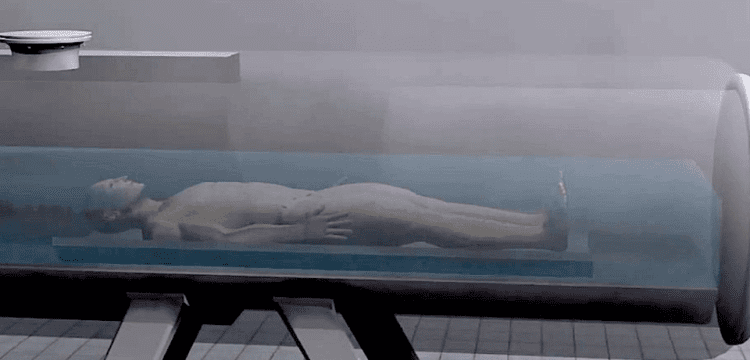[vc_row][vc_column][vc_column_text dp_text_size=”size-4″]The dead person’s body is immersed for three to four hours in a solution of water and a potent alkali, like potassium hydroxide, in a pressurised metal cylinder that has been heated to about 150C.
This process is known as aquamation, also known as “alkaline hydrolysis.”
Everything is rendered liquid during the process, with the exception of the bones, which are placed in an urn, dried in an oven, and reduced to white dust.
Aquamation is still only permitted in a few countries, much as human composting, a method of decomposing bodies with layers of organic material like leaves or wood chips.
Tutu passed away in South Africa, where there is no regulation at all regulating the practise.
According to US-based researcher Philip R. Olson, the technique was initially created in the early 1990s as a way to get rid of the remains of animals used in tests.
It was later applied to get rid of cattle during the outbreak of mad cow disease.
Before the practise entered the funeral business, US medical colleges employed aquamation to dispose of donated human cadavers in the 2000s, according to a 2014 paper by Olson.
Tutu was renowned for leading a simple life and passed away on Boxing Day at the age of 90. He gave instructions for a straightforward, unfussy funeral service.
The anti-apartheid hero, whose funeral took place on Saturday, requested a low-cost coffin and an environmentally friendly cremation.
Aquamation has obvious appeals given that burial space is becoming increasingly expensive and rare in urban locations around the world. Water, according to its proponents, is a kinder alternative to fire.
Also, they assert that a liquid cremation uses less energy and produces fewer greenhouse gases than a traditional one.
Resomation, a UK-based company, claims that aquamation uses five times less energy than fire and cuts greenhouse gas emissions from funerals by roughly 35%.
Moreover, aquamation is utilised in slaughterhouses to get rid of animal carcasses because it is thought to be more effective and hygienic there.[/vc_column_text][/vc_column][/vc_row]











